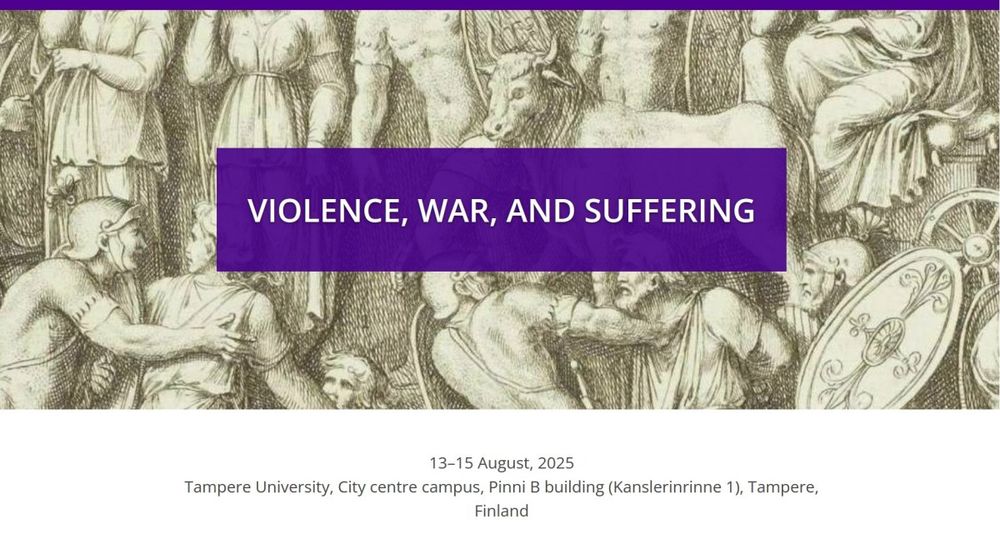
Go, Caps, Go!
@madreksiazki



Thx, @4drl1.bsky.social
.
"Praecipua pronuntiationis adiumenta..." project. More: projekty.ncn.gov.pl/opisy/618725...
@ncn.gov.pl
Thx, @4drl1.bsky.social
.
"Praecipua pronuntiationis adiumenta..." project. More: projekty.ncn.gov.pl/opisy/618725...
@ncn.gov.pl
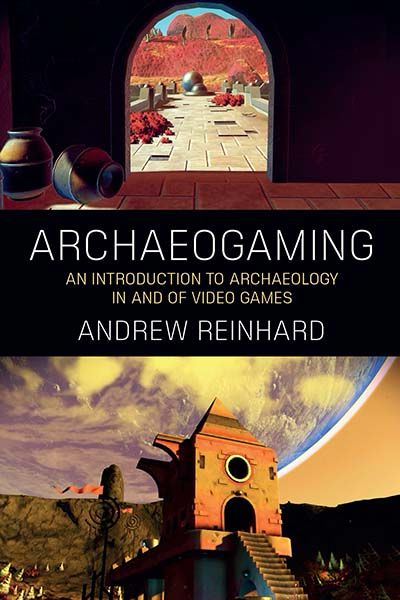
Big thanks to the editors and anonymous reviewers, who offered clear, constructive suggestions for improvement.
faravid.journal.fi/article/view...
faravid.journal.fi/article/view...

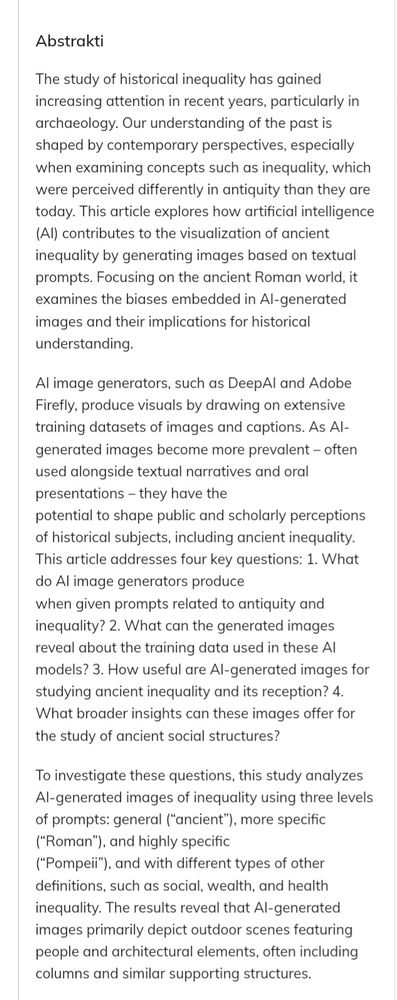
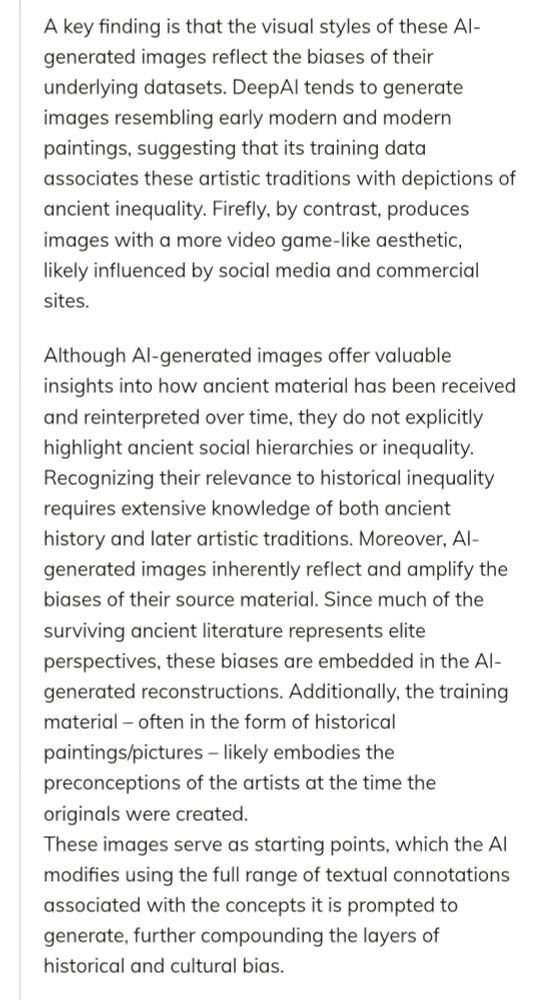
Big thanks to the editors and anonymous reviewers, who offered clear, constructive suggestions for improvement.
faravid.journal.fi/article/view...
faravid.journal.fi/article/view...

SAAC is a diamond open-access, independent journal. We charge no fees to authors, and all content is freely available to all.
It's run entirely on a voluntary basis by its editorial team and peer reviewers journals.akademicka.pl/saac/
SAAC is a diamond open-access, independent journal. We charge no fees to authors, and all content is freely available to all.
It's run entirely on a voluntary basis by its editorial team and peer reviewers journals.akademicka.pl/saac/
Advancing Archaeology with 3D Tools Workshop in Abguss-Sammlung Antiker Plastik in Berlin. Nice venue, looking forward to the papers!

Advancing Archaeology with 3D Tools Workshop in Abguss-Sammlung Antiker Plastik in Berlin. Nice venue, looking forward to the papers!
www.theguardian.com/world/2025/j...

www.theguardian.com/world/2025/j...





www.uu.nl/en/news/roma...

www.uu.nl/en/news/roma...
Check out the first paper of our Cosmologies Special Issue on pilgrimage routes to Hayling Island in Britain, a review of ancient wine archaeology & more!
FREE traj.openlibhums.org/issue/1682/i...
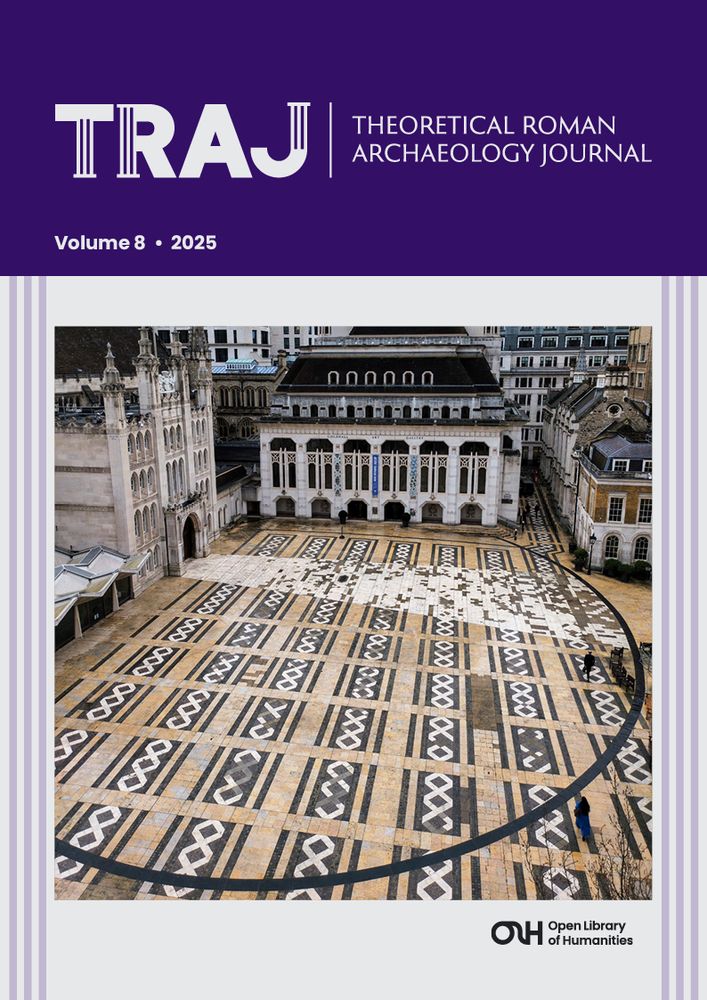
Check out the first paper of our Cosmologies Special Issue on pilgrimage routes to Hayling Island in Britain, a review of ancient wine archaeology & more!
FREE traj.openlibhums.org/issue/1682/i...
allthatsinteresting....

allthatsinteresting....
I really enjoyed this one and the first volume in the *Teixcalaan* series, *A Memory Called Empire* (2019).
A few thoughts on these award-winning novels from the perspective of a Roman historian.
1/7
I really enjoyed this one and the first volume in the *Teixcalaan* series, *A Memory Called Empire* (2019).
A few thoughts on these award-winning novels from the perspective of a Roman historian.
1/7








